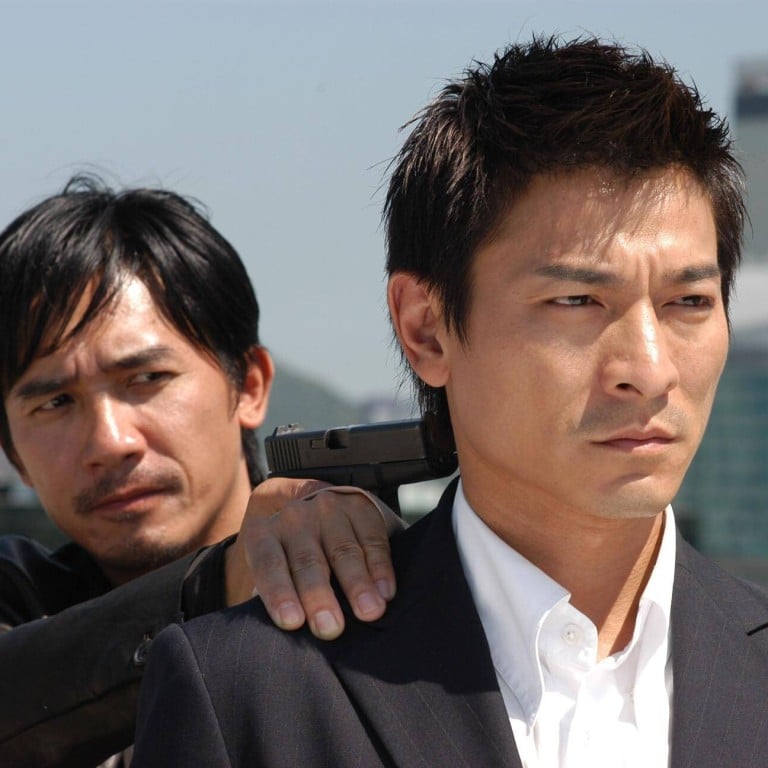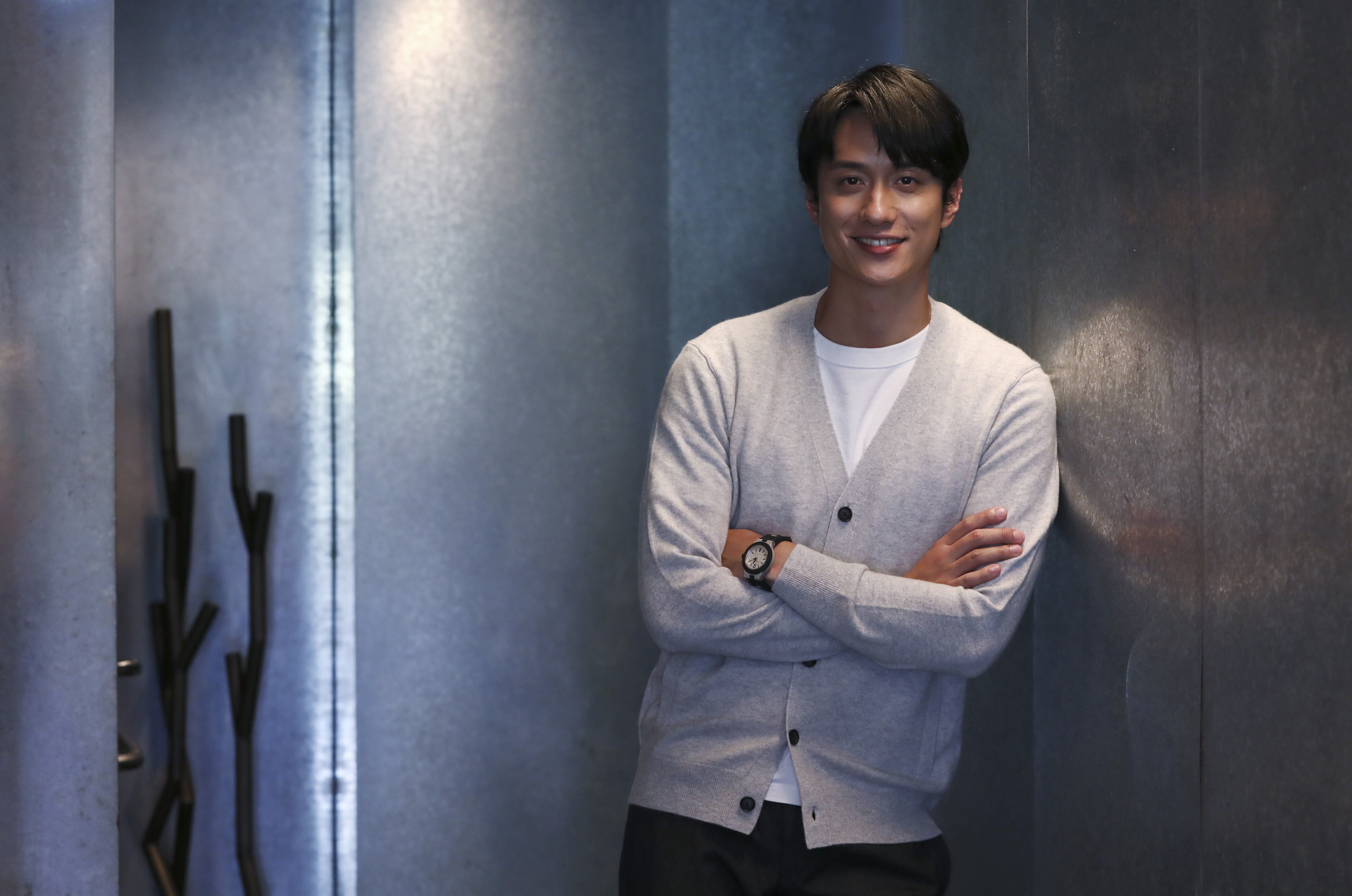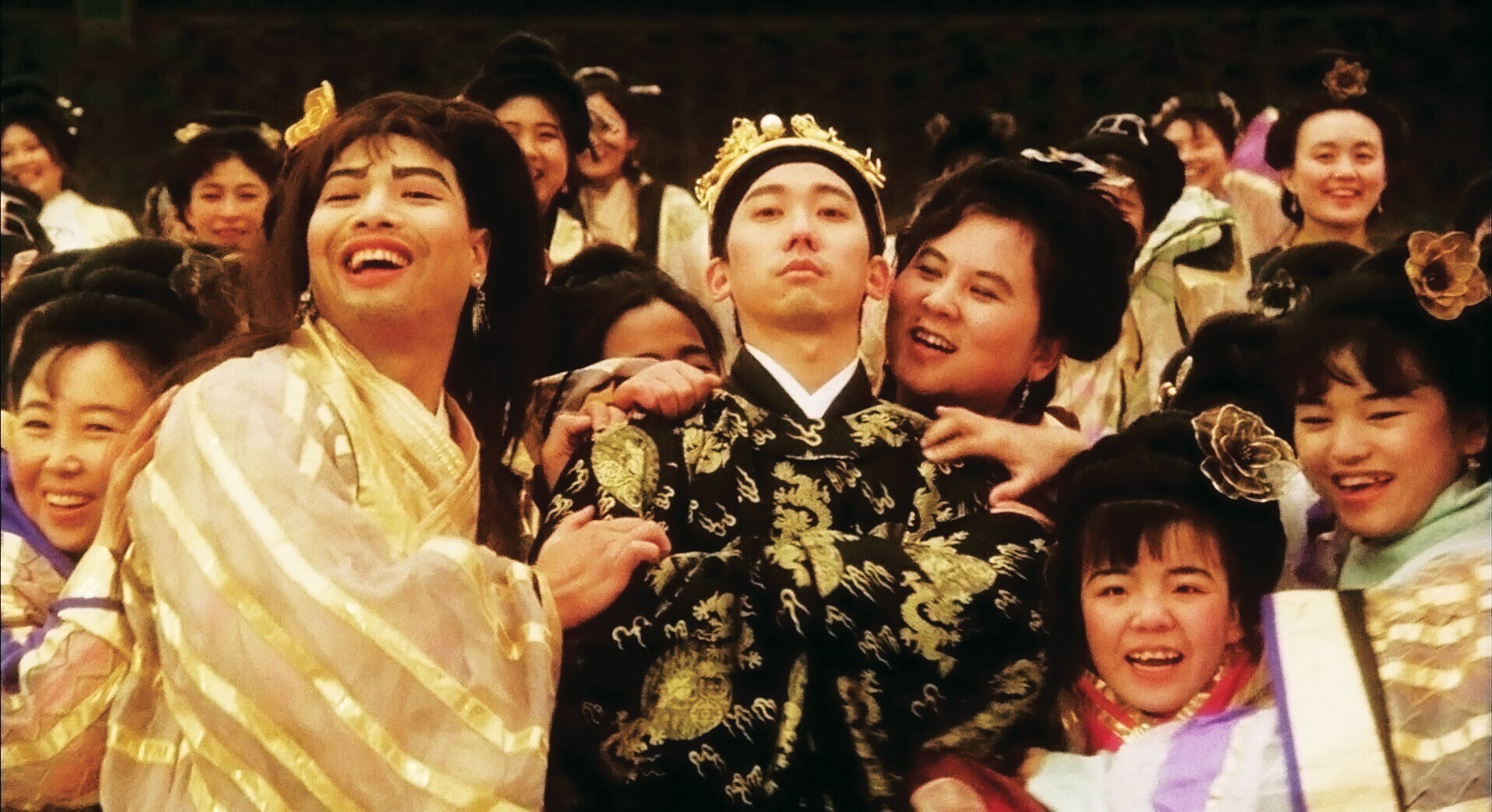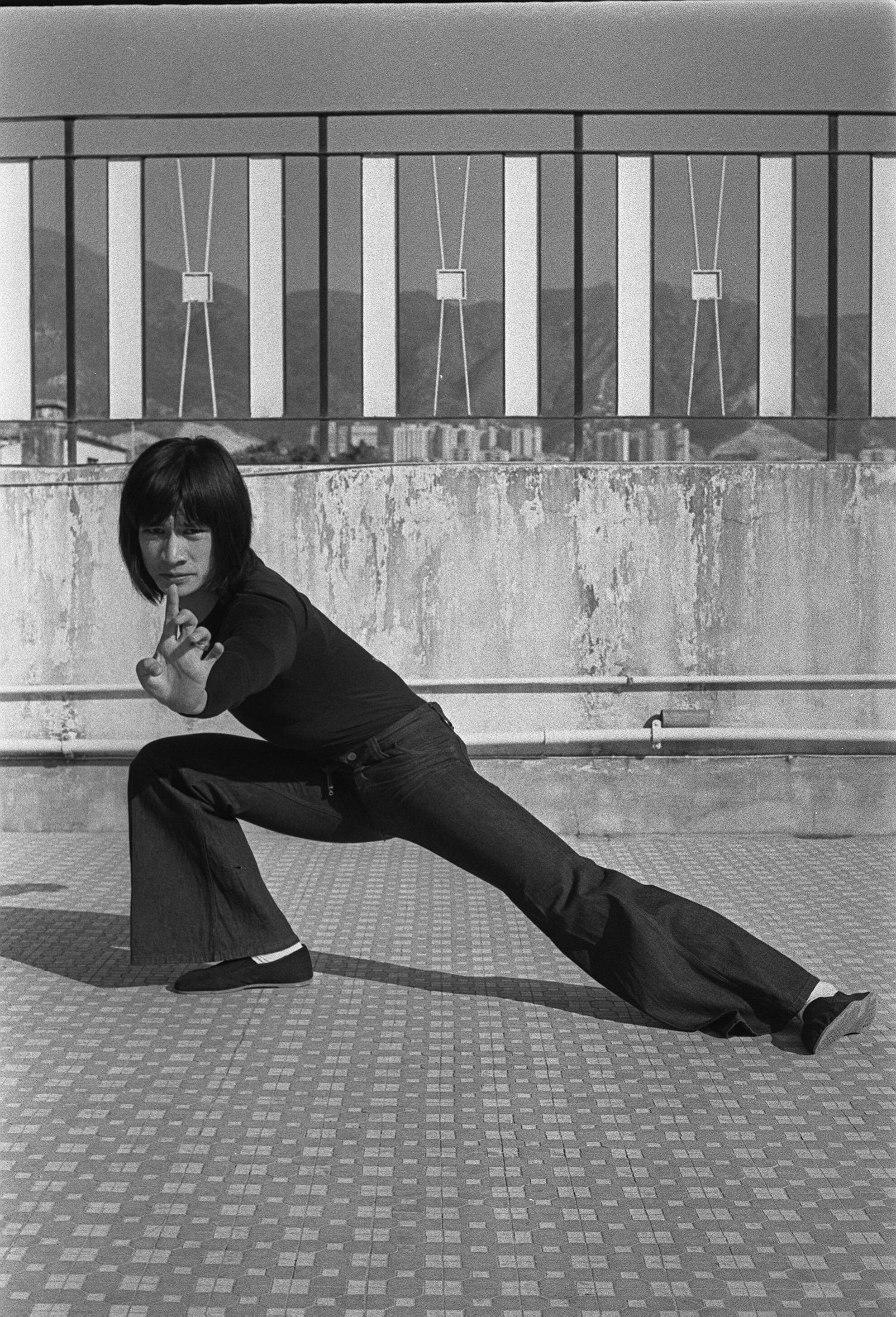Martin Scorsese’s The Departed was famously based on Infernal Affairs – the Andy Lau and Tony Leung movie that ‘saved Hong Kong cinema’

The Sars coronavirus, Asian financial crisis, post-handover angst and John Woo’s outlandish Nicolas Cage thriller Face/Off all set the tone for Andrew Lau and Alan Mak’s award-winning police and triad drama, which would inspire an Oscar-winning Hollywood remake
Infernal Affairs’ origins can be traced to another Hong Kong director – John Woo. Having proven himself the undisputed king of action, Woo left for Hollywood prior to the 1997 handover of Hong Kong from Britain to China. After middling success with Hard Target and Broken Arrow, Woo scored his first major hit in the West with the release of Face/Off, an action classic that featured all of the director’s stylistic hallmarks in an outlandish tale of a cop and gangster literally swapping faces.
It was from this crazy concept that Infernal Affairs was born.
“Around 1998, I saw Face/Off, and I really liked that movie,” Mak told Hong Kong CineMagic back in 2003. “With that movie as inspiration, I began to start to think about a story in which two people swap identities.”
Wisely, the co-directors ditched the more far-fetched elements of Woo’s story, opting instead for a more subtle role reversal and a set of moral ambiguities that helped elevate Infernal Affairs above the average police drama.
Yet even if Face/Off was the more immediate inspiration, both Mak and Lau had showed an interest in the concept of police officers working undercover in previous films.









